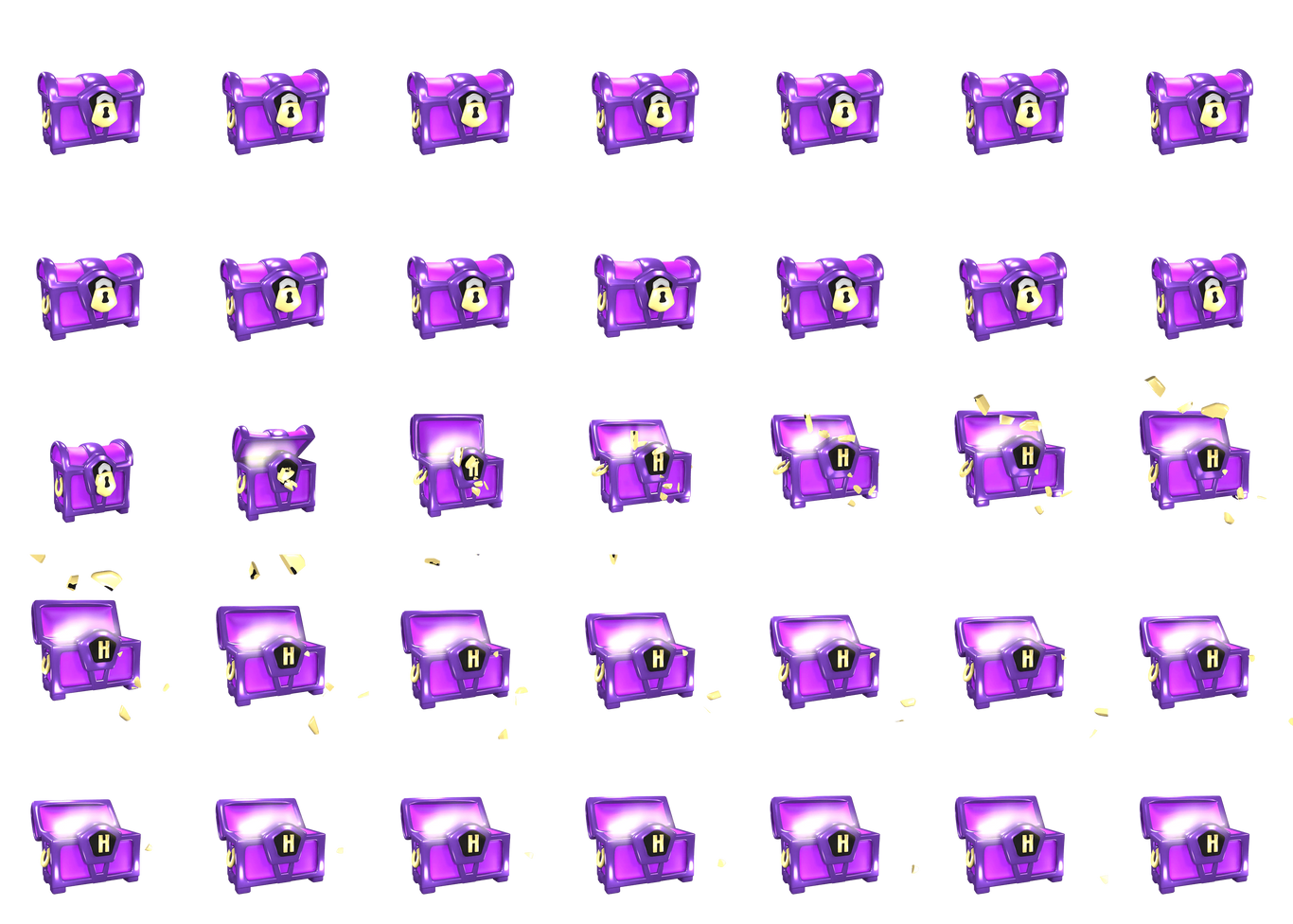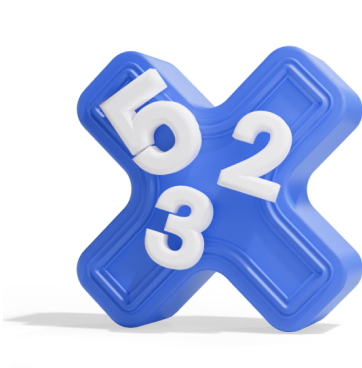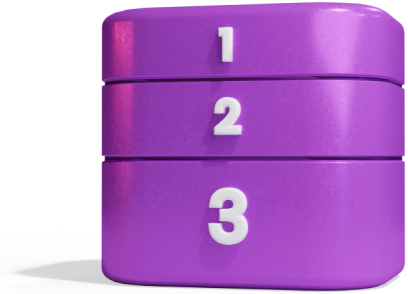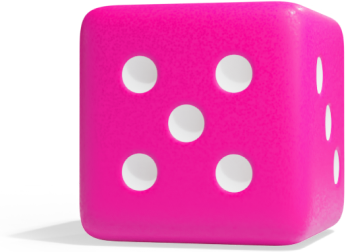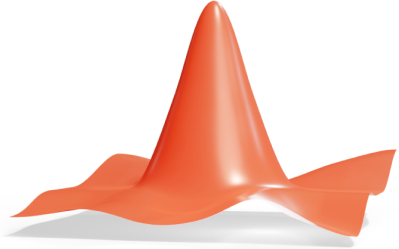What Are Prime Numbers?
The prime numbers are numbers larger than that can’t be written as a product of other integers than themselves and . That means prime numbers are larger than , and they are not divisible by any other numbers than and themselves. All prime numbers are also odd numbers, except the number , which is the only even number that is also a prime number.
The prime numbers are very useful when you need to use factorization. Factorization means to write a number as a product of other numbers. That means prime factorization is to write a number as a product of only prime numbers.
Rule
The Definition of a Prime Number
A prime number is a number larger than that is only divisible by itself and .
Example 1
Which of the numbers below are prime numbers?
, which means it’s not a prime number.
cannot be divided by other numbers than itself and , which means that is a prime number.
, which means it’s not a prime number.
can’t be divided by other numbers than itself and , which means that is a prime number.
cannot be divided by other numbers than itself and , which means that is a prime number.
When you factorize numbers into primes, it is nice to know which numbers are prime numbers. That’s why it’s smart to memorize the first few prime numbers, letting you know what to look for. Here is a list of all the prime numbers up to .
Rule
Prime Numbers up to 100
Rule
Where to Look for Prime Numbers?
Here are some tips:
-
All prime numbers are odd numbers except for the number .
-
All prime numbers except and end in or .
